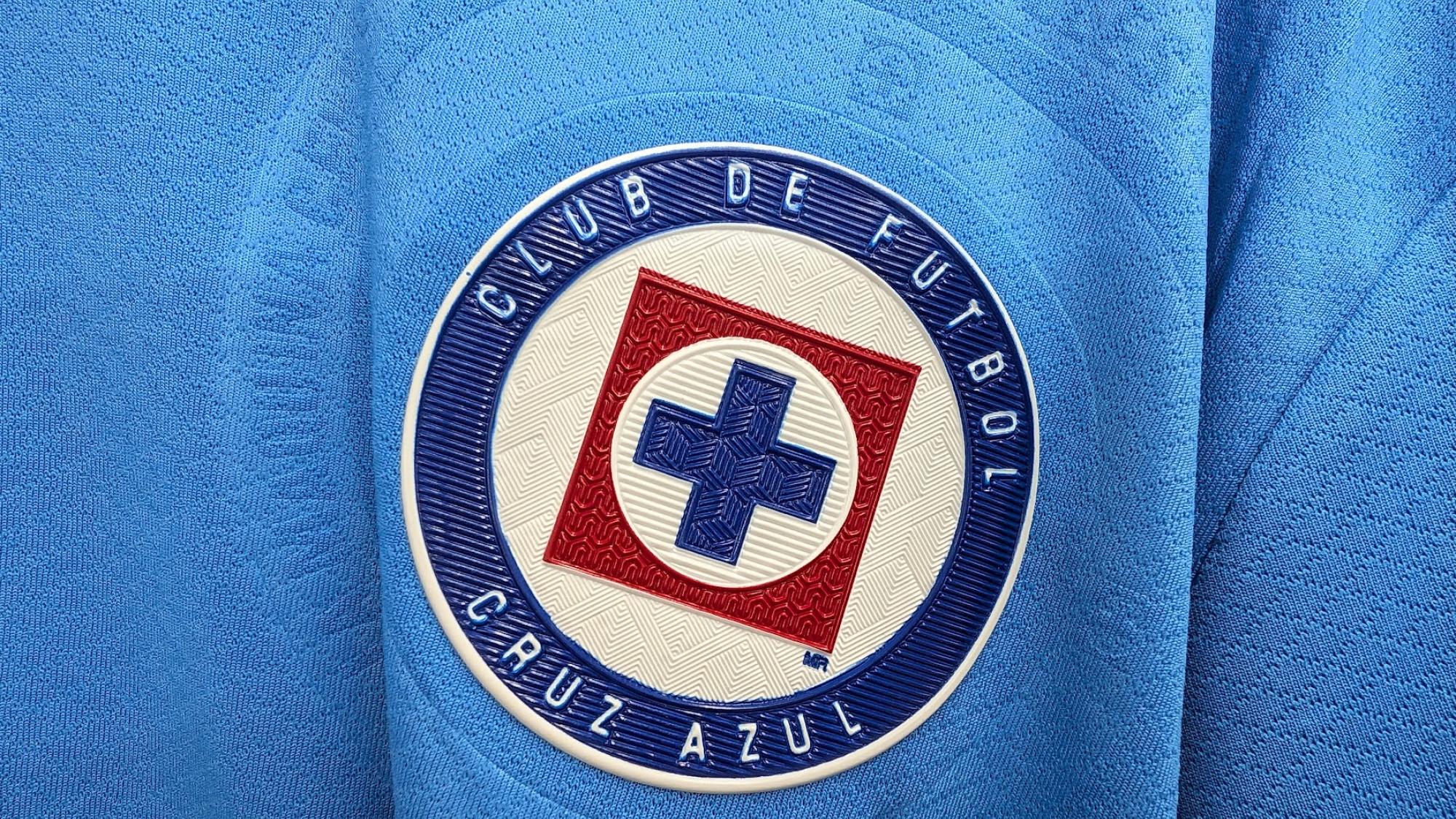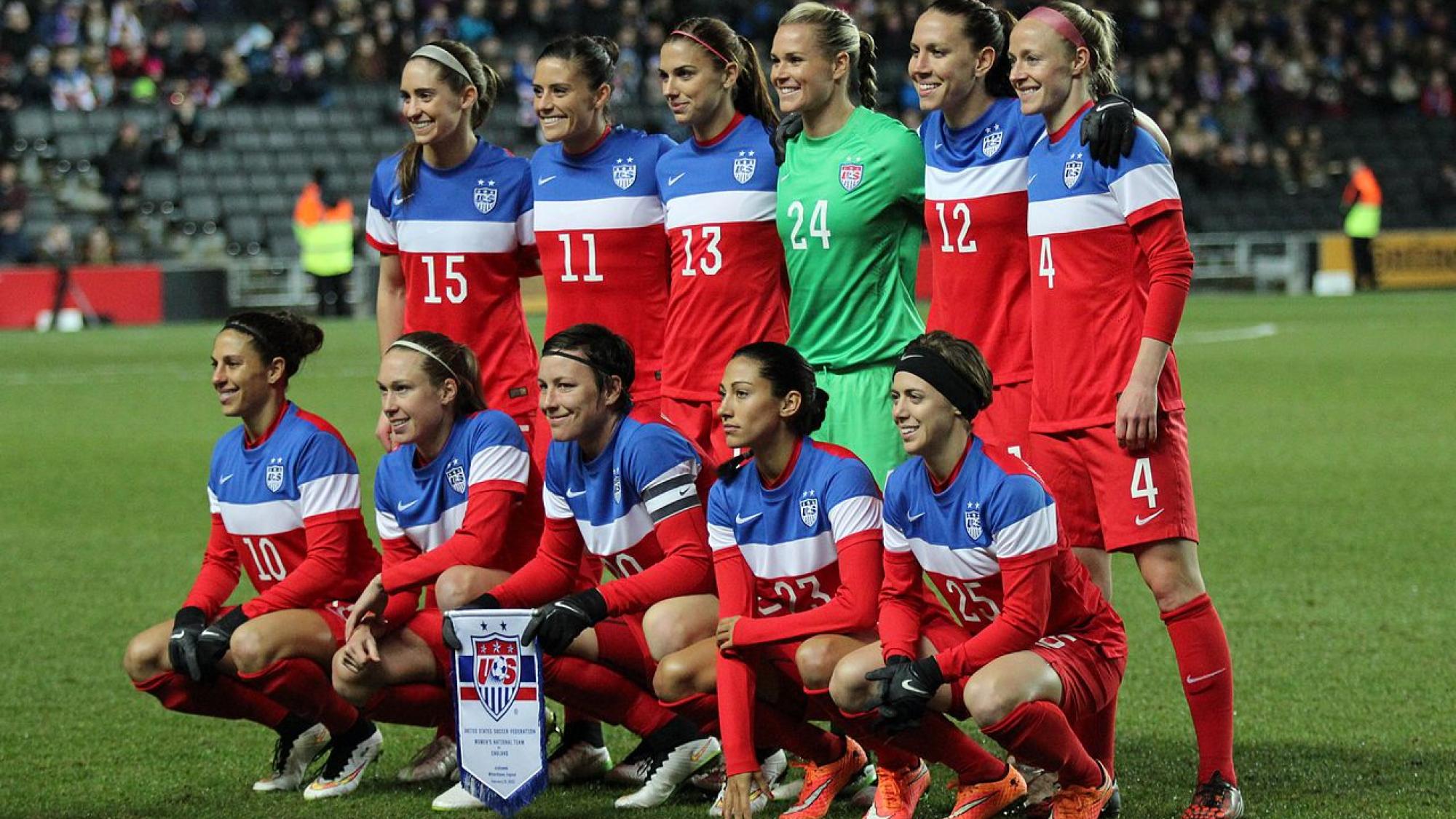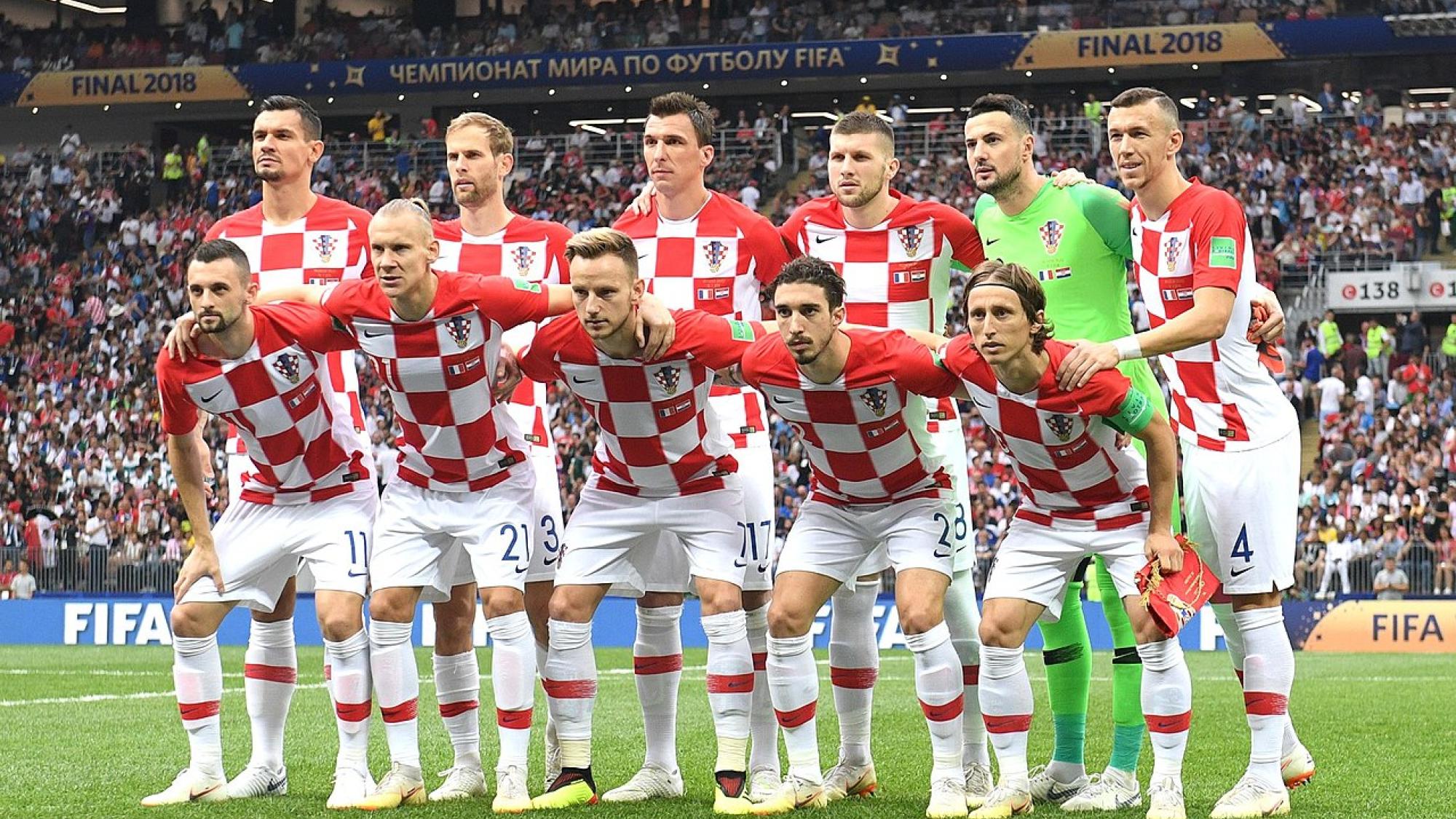Executive Summary
The 1986 World Cup witnessed one of football's most controversial moments in Maradona's "Hand of God" goal. This incident transcended sport, embodying decades of political tension between England and Argentina, particularly in the wake of the Falklands War, transforming a controversial handball into a powerful symbol of national redemption.
Historical Context & Impact
The England-Argentina rivalry extends far beyond football, rooted in 19th-century colonial conflicts and culminating in the 1982 Falklands War. These historical grievances set the stage for the 1986 World Cup quarter-final, where sport became an extension of political discord.
The Controversial Moment
Maradona's deliberate handball goal, dubbed the "Hand of God," represented more than mere gamesmanship. For Argentinians, it symbolized a form of poetic justice against their former adversaries. Maradona's unrepentant stance and the goal's acceptance despite obvious controversy only amplified its significance.
A Tale of Two Goals
In the same match, Maradona's second goal - a masterpiece of skill and agility - provided a stark contrast to the controversy of the first. This duality perfectly encapsulated his legacy: brilliant yet controversial, genius yet flawed.
Legacy
The "Hand of God" remains a powerful reminder of how sports can embody national aspirations and historical grievances. It demonstrates the intricate relationship between football and politics, where a single moment can capture the complexities of international relations and national identity.
Image Credit:






